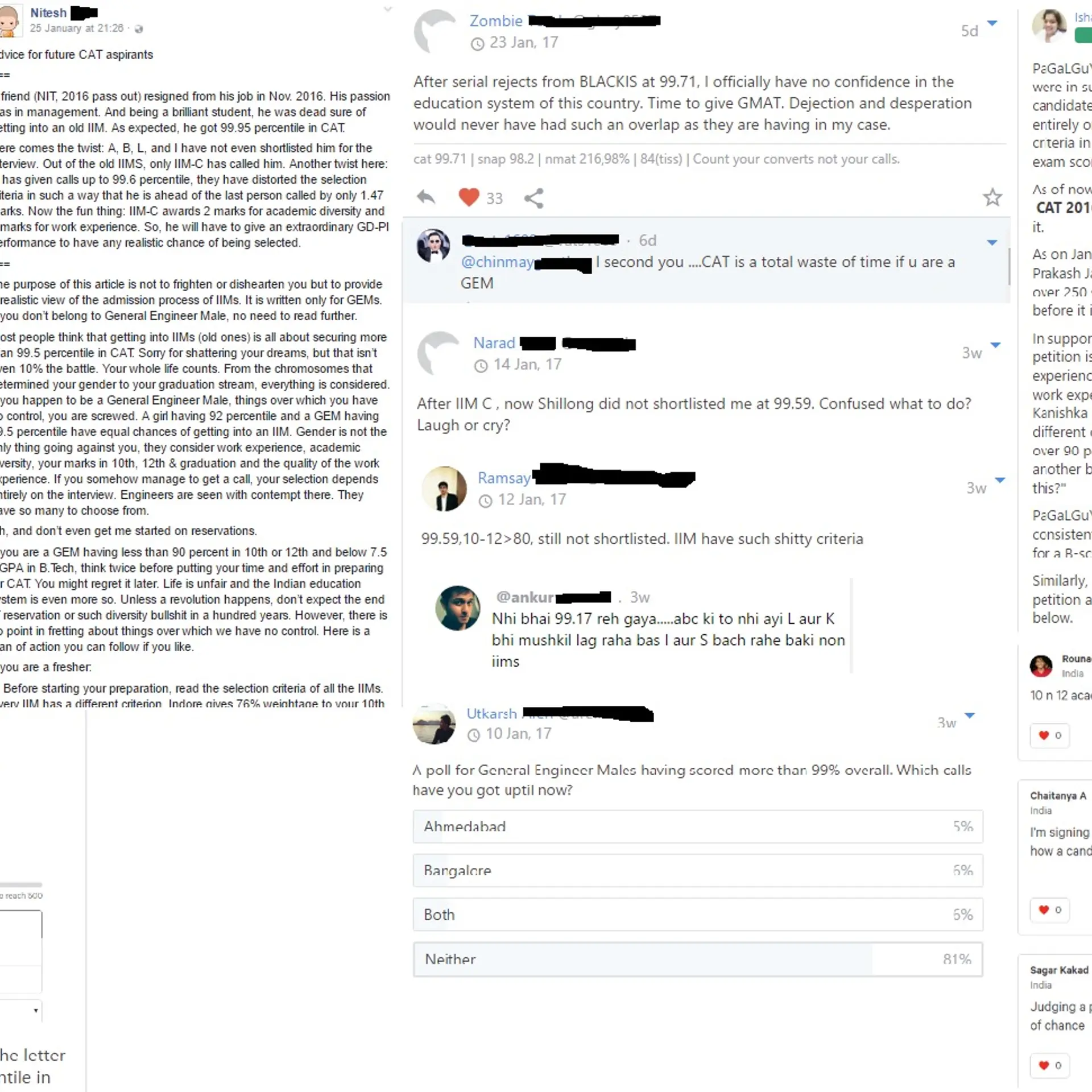

How link building will change in the next decade

Link building is one of the limited significant tactics you can use in SEO campaign. The on-site optimization is momentous for creating some baseline authority. Additionally, it is important in providing web crawlers relevant and ample content to crawl. However, placing or attracting more inbound links for passing authority to your website is a necessity. This improves the visibility of a site.
This practice has been evolving over the years since its first implementation in Google. Research conducted by Semalt revealed that 24% of SEO professionals believe that links are "somewhat important", while 72% think that link building is an important ranking factor. Accordingly, backlinks are the most important authority and trust factors for Google.
To maximize on link building as a significant part of SEO strategy, you must understand the trend of link building best practices and their possible changes. Michael Brown, the leading expert of Semalt Digital Services, gives the insight on the key aspects of link building and their possible transformation.

The evolvement of link building
Google started using PageRank as it was guiding algorithm in the beginning. However, ranking factors continued to fluctuate intensely over the years while basics of PageRank remained unchanged. Google’s first few years were exploited by spammers who used automated software. The company started to fight such tactics. In 2012, Penguin update forced Google to take a firm stand on the quality of links and penalize irrelevant links.
These developments led to an era of “natural link building.” In this regard, link building tactics evolved towards attracting links with exemplary contents and posting high-quality articles on publications. Therefore, this article is based on Google’s indicators and past experiences to explain the evolution of link building.
Outside factors
Is it possible for Google to explicitly weaken the power of links? Instead, I think Google will increase the power of other peripheral elements on a page’s authority and circulation of a domain. The two most important factors are reviews and socials signals.
To begin with, the quality and quantity of your business reviews on platforms like TripAdvisor and Yelp have the significant impact on your rankings. The power of consumer reviews will expand in the future to more than just third-party review websites and introduction of linguistic indicators to evaluate the quality of reviews. Finally, we could witness interactions and mentions on social media serving as a measuring brand’s authority. Presently, social signals have a little impact on a page’s rank.
Revision of PageRank
Lastly, in the next decade, Google might dismantle PageRank as the web starts to assume a new form. SEO experts argue that it’s unlikely for Google to pursue this course of action. However, as we all know, mobile apps are threatening traditional sites. Therefore, it is not unthinkable to imagine a future where an online search is entirely overhauled.







.jpg?mode=crop&crop=faces&ar=1%3A1&format=auto&w=1920&q=75)